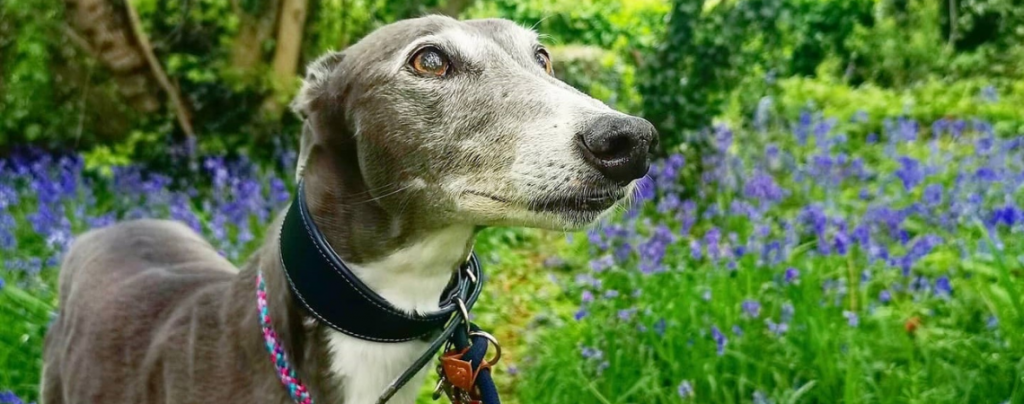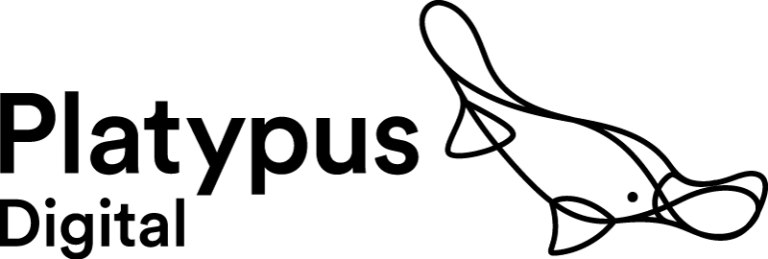In March 2021, Dementia UK launched a pilot of a new virtual challenge product called the March Dog Walking Challenge.
The challenge involved supporters walking their dogs 100km over the month, raising funds for Dementia UK in the process.
The event was hugely successful. It was created through an innovation cycle with agency Flying Cars. Emma Saunders from Dementia UK and Henry Rowling from Flying Cars kindly joined us for a Q&A recently to talk about how it worked. You can watch the recording here.
So, what did we learn?
Innovation diversified Dementia UK’s events portfolio
Dementia UK has grown very quickly in the last few years, but still only had one flagship community fundraising event.
They knew the power of diversifying their events, but internal innovation was taking a long time, and was not proving successful – ideas were not tested, and the process was not audience-led, so the team were making assumptions about what would work.
They were missing key skills and knowledge in-house, so worked with Flying Cars to provide expert help with innovation.

How Dementia UK and Flying Cars created the March Dog Walking Challenge
The innovation process
The first stage they went through was to redefine the brief. They identified their target audience, rather than starting with a particular type of product. In this case, Dementia UK wanted to target daughters of dementia patients in their 40s and 50s. Flying Cars would advise you to be specific rather than broad here.
They then conducted deep and rich audience insight: they recruited a panel of those audiences, setting strong parameters. They aimed to make their panel as diverse as possible within those parameters. Flying Cars asked the panel up to 100 questions to find unmet needs around the cause. From this 4-6 springboards (areas of focus to explore) were developed.
Next, they held ideation sessions with internal stakeholders. These created a high volume of ideas (300-500!). They were not all be good ideas!
Following that, there was rapid prototyping: they shortlisted theideas (passing some on to other teams where appropriate). They developed 4 of the ideas, then gather qualitative feedback from the panel on them. The ideas were adjusted based on the feedback. Then quantitative testing was conducted – Flying Cars and Dementia UK spoke to about 200 people. They put rough and ready creative in front of this audience, pivoting as they went along. Then ads for the four ideas were mock up ads and tested through Facebook Ads.
Based on the testing result, the ideas were then iterated and pivoted. Dementia UK found that a dog walking challenge was a clear winner in their testing.
Dementia UK were able to use the testing results, plus the audience feedback, to build a business case for investment.
Supporters were very positive about the pilot when it launched, with the free dog bandana for participants proving especially popular.
Stewardship
The challenges team stewarded the dog walkers closely, leading to thousands of new, committed supporters for Dementia UK.
Rollout and wider benefits
The research has subsequently been used across lots of their teams. Dementia UK were able to hone their case for support in the process, so now are in a much stronger position for fundraising, volunteering and service development.
Internal teams have also learned new skills to carry out research and innovation work themselves.
Tips for innovation success
- Be aware of why you are doing it. Make sure you have a clear objective.
- Don’t just add new products in – look at what you’re currently doing that might not be working and remove it. Adding more in will just stretch already-busy teams.
- Get some audience perspective – do your audiences actually want a new mass event/regular giving product etc.? Try to do this one-to-one where possible – focus groups can be dominated by the loudest voices.
- Record any audience insight on video or audio where possible, so that other teams can view it without a third party deciding what is important for them to know.
- You need certain skills and tools – work with an agency to fill any skills gaps. The process will build skills in-house for future projects.
- If you can only do one thing, test on Facebook before you develop ideas fully, especially if there isn’t audience insight already done.
- Find an objective opinion – your most loyal supporters might just say everything you do is great.
- Trust the insight. Come with an open mind about the final product – it might not be what you expected when you started the process.
You can read more about the Flying Cars innovation process here.





